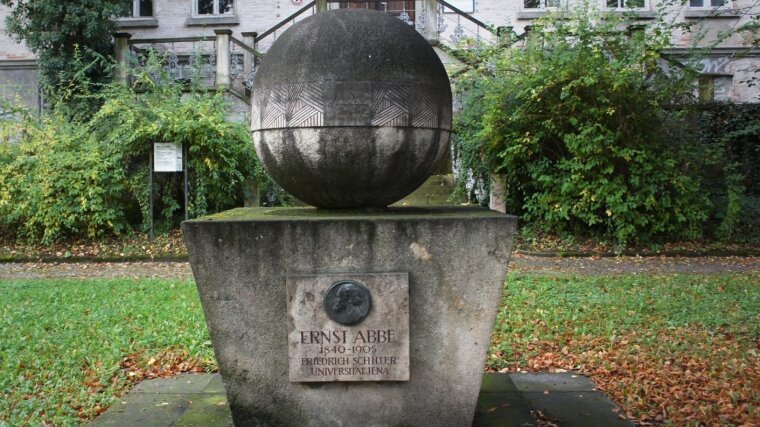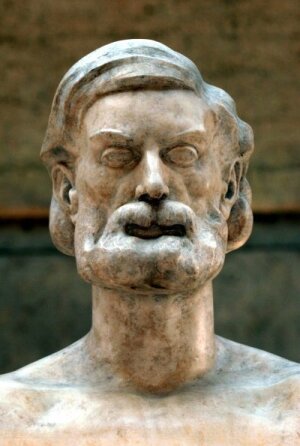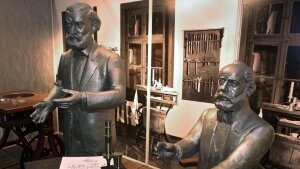
Ernst Karl Abbe (23 January 1840 - 14 January 1905) was a German physicist and Professor at the University of Jena. He was born in Eisenach and died in Jena.
Abbe is best known for his work in optics. He designed the first refractometer, which he described in a booklet published in 1874. He discovered the Abbe number, a measure of any transparent material's variation of refractive index with wavelength. Already a Professor in Jena, he was hired by Carl Zeiss to improve the manufacturing process of optical instruments, which was largely based on trial and error at the time. During their long and fruitful collaboration, Abbe created the mathematical foundation of microscope design, which became essential for the later preeminent position of the Zeiss company. Furthermore, he was the first to formulate the limit of optical resolution in an imaging device due to diffraction, nowadays known as the "Abbe limit", a breakthrough in microscopy and optical systems design. He also invented the Abbe condenser used for microscope illumination.
Eventually, Abbe became a co-owner of the Carl Zeiss company and introduced the eight-hour workday at a time when 14-hour workdays were common. After the death of Carl Zeiss, he established the Carl Zeiss foundation, which remains the sole owner of Carl Zeiss AGExternal link and Schott AGExternal link to date. The statutes of the foundation emphasize the companies' social responsibility by stressing the importance of fair treatment of their employees. Thanks to Ernst Abbe and his partners, Jena became a center of modern science, technology, and industry in the early 20th century. His scientific and social contributions helped establish Jena's flourishing industry and strengthened the sciences at the University, building a very close relationship between the University and the region's businesses that continues to this day. This exceptional relationship and the ongoing significance of Abbe's life and work were honored with the recognition of Jena as "Science City 2008External link" by the Stifterverband für die deutsche WissenschaftExternal link.

